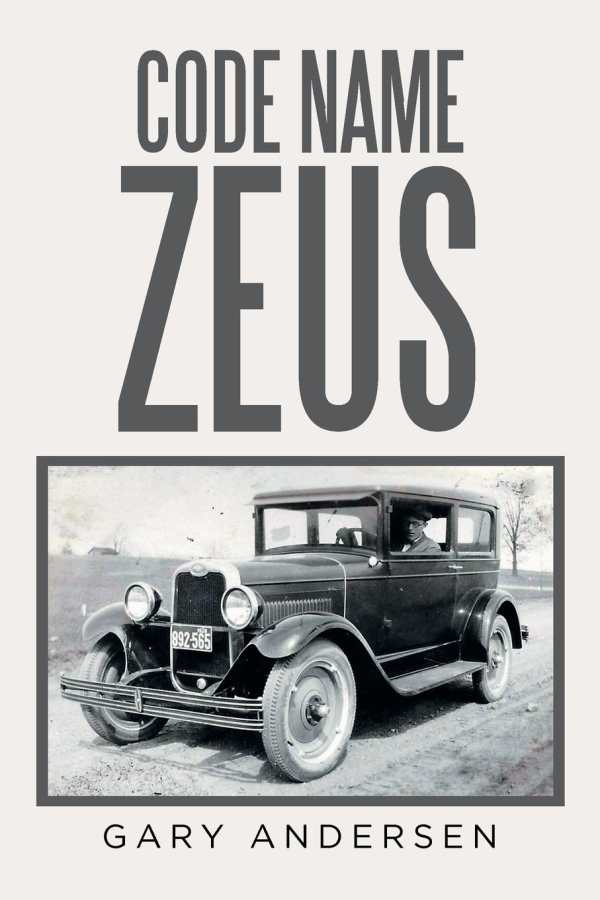Code Name: Zeus
This ideologically libertarian historical novel follows immigrants who become millionaires, believing that people can work together to change the world.
Spanning the entirety of the twentieth century, Gary Andersen’s historical novel Code Name: Zeus follows a group of end-of-the-world preppers through their compelling process of gathering resources and creating a community that will sustain them after the anticipated collapse of the American government.
Ireland native Jack Barnett and Russia native Robert Barzinsky followed similar paths: escaping their respective countries during violent revolutions and going from rags to riches in the United States, thanks to their valiant work ethics. Both develop capitalist, libertarian political views and have negative experiences with communism.
When Robert seeks a partner to help grow his lucrative business—GLO Industries, which stands for “gas,” “land,” and “oil”—he chooses Jack for his similar belief that the US will fall. Together, they make millions of dollars and purchase land in Texas to build a shelter within a cave system that could support several dozen people for many years.
How the men think the world will be destroyed is unclear. The profession of Chip Faraday, the man Jack Barnett’s son chooses to join GLO Industries, is also unclear. All that is known of Chip is that he works in “high technology,” and given the significant role he plays in the latter portions of the book, this information does not seem adequate.
While some of the characters’ anti-leftist political conversations are off-putting, they reveal the inner workings of the characters’ minds and expound on their motives for developing GLO and the growing compound. That Robert and Jack are both immigrants adds unique depth to their viewpoints.
Jack’s search for adequate land for the compound takes place over several chapters that describe the landscape in great detail, though they slow the book’s progress. Compelling dialogue and detailed depictions of how characters end up with GLO Industries are engaging and drive the novel forward. Curiosity about what will happen next in the men’s journeys also propels interest.
The century-long story covers much ground. In-depth historical details bolster the story, providing context from prohibition through the Great Depression, and then onward through the Cold War and up to the September 11, 2001 attacks. The text is educational as it explores political and socioeconomic themes, though a lot of space is given over to scrutinizing those themes.
Idealogically libertarian, Code Name: Zeus follows immigrants who become millionaires, believing that people can work together to change the world.
Reviewed by
Aimee Jodoin
Disclosure: This article is not an endorsement, but a review. The publisher of this book provided free copies of the book and paid a small fee to have their book reviewed by a professional reviewer. Foreword Reviews and Clarion Reviews make no guarantee that the publisher will receive a positive review. Foreword Magazine, Inc. is disclosing this in accordance with the Federal Trade Commission’s 16 CFR, Part 255.


